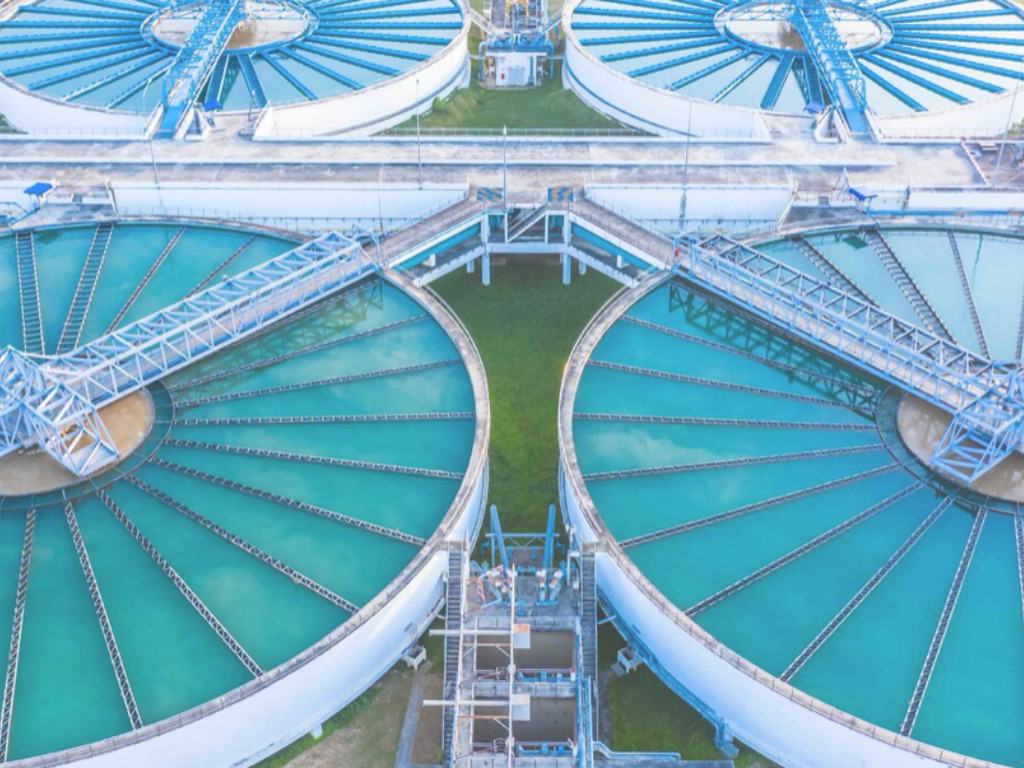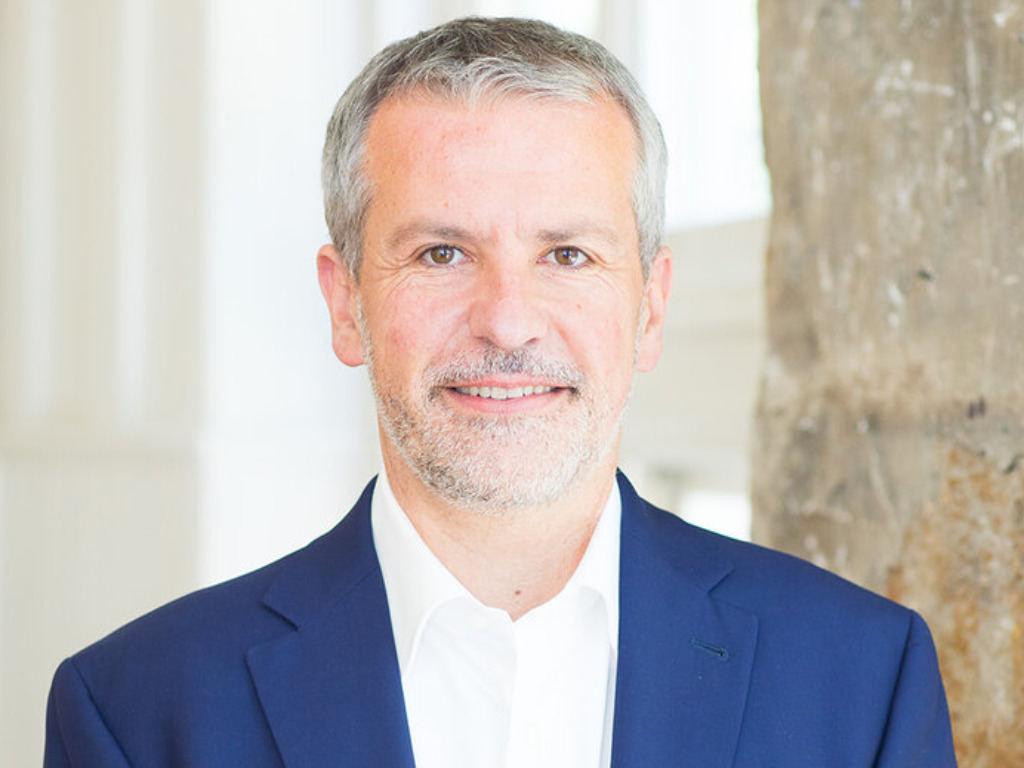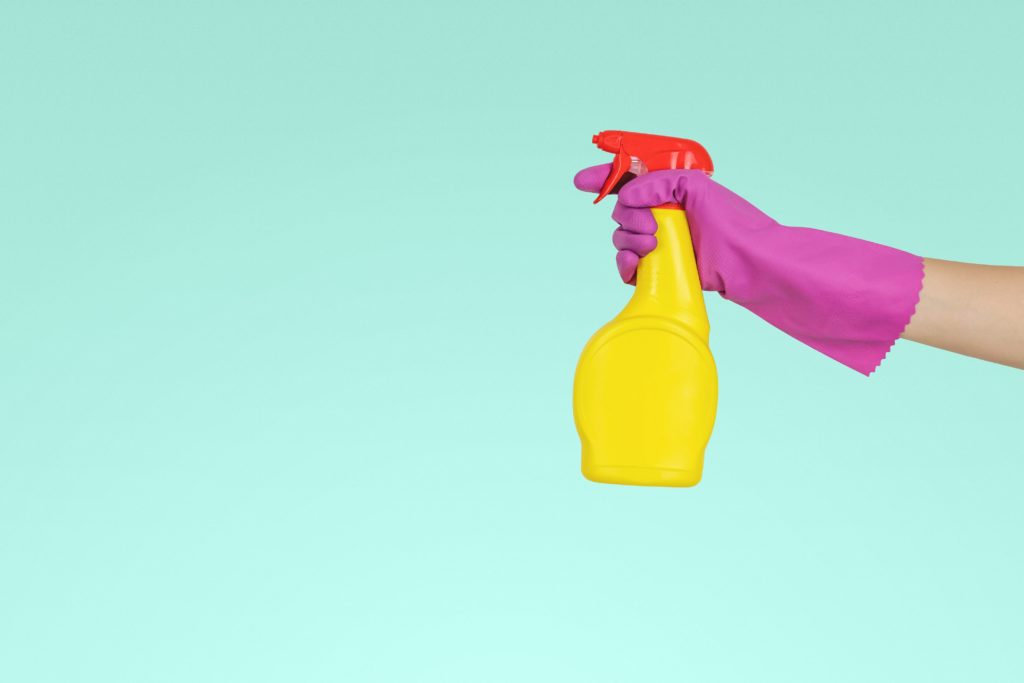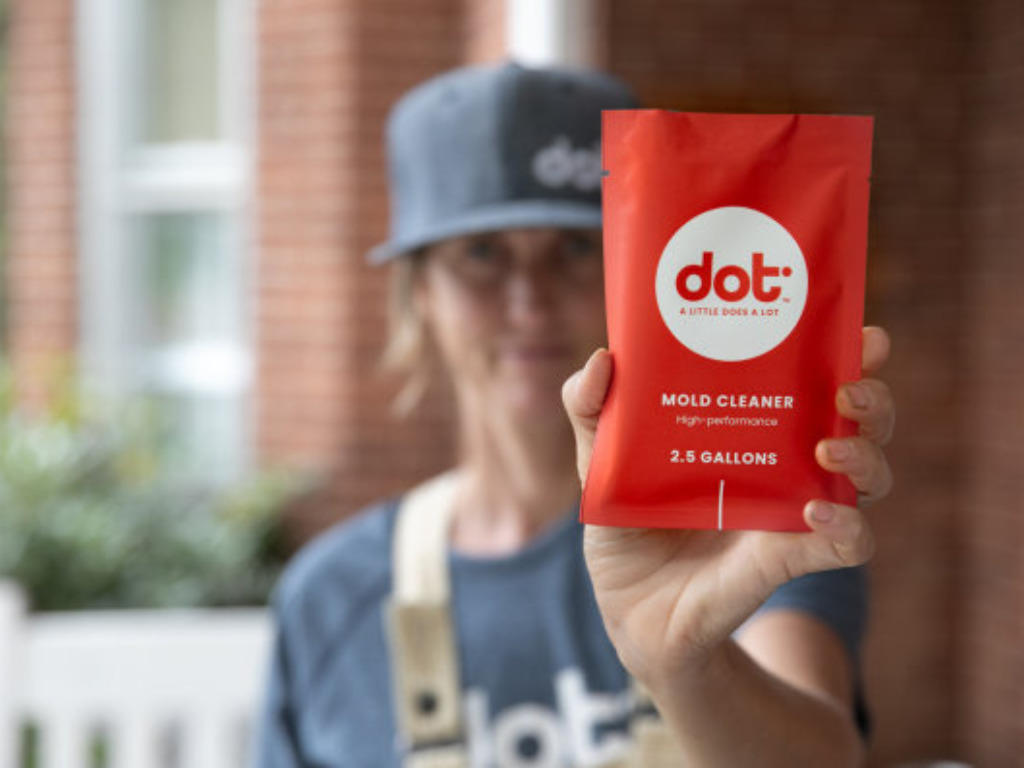3 Mins Read
Synthetic chemicals in cleaning products are a serious problem. Pennsylvania-based Sudoc, an offshoot of Pittsburgh’s Carnegie Mellon University, claims it is capable of cleaning up the cleaning industry with new technology that’s safer for humans and the planet.
The startup won Fast Company’s 2022 World Changing Ideas Award for the ‘On The Rise’ category, which is given to companies up to four years old.
Sudoc states that it is looking to significantly reduce the more than 350,000 synthetic chemicals that are frequently used across all industries. It started by targeting the deep cleaning sector.

The impact of synthetic chemicals
Human-created chemicals introduce pollutants and toxins to the air, soil, water, and our health. A number of synthetic chemicals have been shown to be carcinogenic. Last month, the EU unveiled a plan to initiate a ban on 12,000 common chemicals linked to hormone disruption, cancer, and other health issues as well as environmental issues including biodiversity loss.
Research dating back to the 1960s shows chemical exposure is risky, but products continue to contain controversial ingredients. Many of these are linked to human health risks including developmental, reproductive, and metabolic issues.
The chemical runoff from these chemicals—both in industrial and home settings—contaminates waterways and disrupts marine ecosystems, many of which are already under threat from climate change.

How Sudoc plans to lessen synthetic chemical impact
The Sudoc team aims to outperform synthetic chemicals with proprietary enzymatic solutions.
The technology centres around the concept of biomimicry—which is mimicking behaviors seen in nature. Studies of the human liver provided inspiration for Sudoc, with a specific enzyme being found to give hydrogen peroxide a natural boost to break down micro-pollutants.
The enzyme offers a sustainable process in that once oxidisation is complete and cleaning finished, the enzyme self-destructs and no longer exists.
This means there is no environmental impact as a consequence. Sudoc seeks to follow the example of the liver enzyme, focusing on deep cleaning applications.

Instigating major change
Sudoc is starting with mould removal. It has created a powder cleaning product called “Dot” that uses one-eighth the number of synthetic chemicals as traditional alternatives. The startup claims that it is more effective than conventional concoctions and is shipped in pouches, not jugs, making it also cheaper and more sustainable.
Sudoc says that, as anticipated through the development of the enzyme agent, Dot is also safer to use than standard cleaning options.
Focussing on industrial applications comes due to a number of more sustainable alternatives already available to buy for domestic settings. Large commercial cleaning tasks are harder to cater for.
“These are spaces where generally there aren’t sustainable alternatives,” Roger Berry, Sudoc CEO told Fast Company. “And we’re able to really create something that has the efficacy, so people will actually use it.
In the future, Berry claims that wastewater treatment could be on the cards for Sudoc, as well as the development of green hydrogen.
“We have really good evidence that we can speed up and make much more efficient and possibly economically viable the splitting of hydrogen from water,” he said.
Lead photo by Sudoc.




